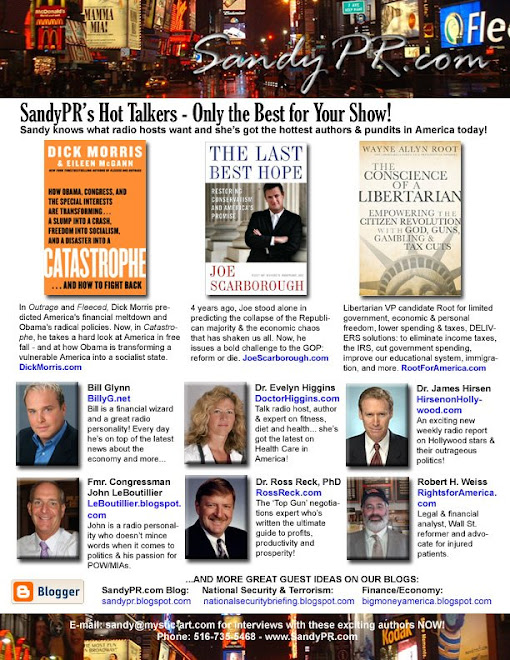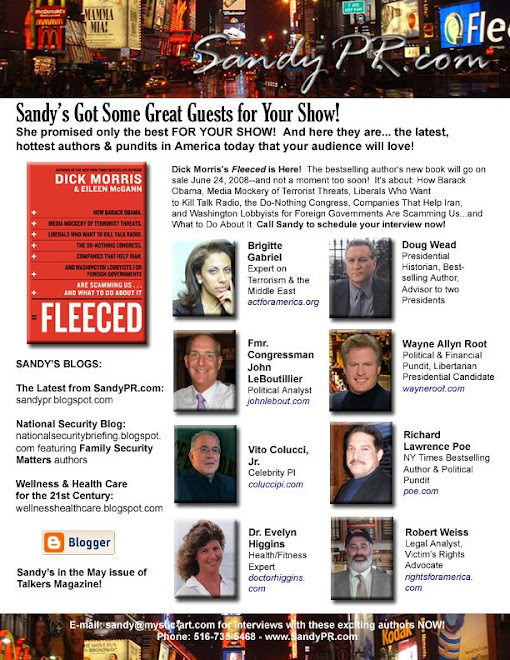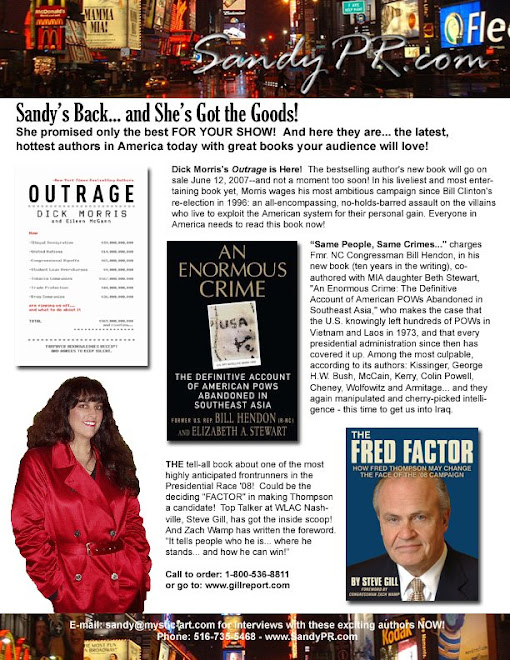|
|
|
|
|
|
A DUBIOUS EXPEDIENCY
How Race Preferences Damage
Higher Education
By Gail Heriot & Maimon Schwarzchild
Is higher education on the right road? In the new Encounter book, A Dubious Expediency: How Race Preferences Damage Higher Education, the authors of these eight essays are hardly the first to think not.
In the now-famous Bakke case (1976), the California Supreme Court had to decide whether what some view as the "good kind" of race discrimination - preferential treatment for minorities in college and university admissions - violates the Constitution. To Justice Stanley Mosk, up to then considered by many to be a civil rights hero, the answer was clear. Writing for the majority, he insisted: "To uphold [the University of California's argument for race-preferential admissions] would call for the sacrifice of principle for the sake of dubious expediency and would represent a retreat in the struggle to assure that each man and woman shall be judged on the basis of individual merit alone."
Alas, the university took its case up to the U.S. Supreme Court, where the Justices fractured into three camps. The result was to open the door to more than a half-century of "diversity" admissions.
In A Dubious Expediency, you'll learn that:
· These days, ordinary Americans are reluctant to speak out against race-preferential college admissions. They shouldn't be. Race discrimination is wrong no matter who is being discriminated against, and polls dating back to the 1970s show that people know that.
· Race-preferential admissions have backfired badly. Instead of bringing more African Americans into the economic mainstream, they have made it more difficult for talented African Americans to enter into high-status careers like medicine, engineering and science.
· On campuses all over the country, separate dormitories, separate student lounges, and separate graduation ceremonies have become the norm. What's brought this on? Race-preferential admissions policies - which bring students to campus who are not academically prepared for the competition - are a large part of the cause. These policies telegraph to students that what's important about them is their race.
· Asian Americans are the special victims of race-preferential admissions. To attend the college of their choice, they have to be better than students of other races. It shouldn't be that way in America.
These policies have never been popular. When voters get the opportunity to vote them down, they almost always do, beginning with California's Proposition 209 in 1996. In 2020, California voters shocked that state's political and business elite by decisively rejecting an effort by the legislature - known as Proposition 16 - to repeal Proposition 209.
But voters in most states never get that opportunity. At this late date, getting back on the right road - away from group preferences and from the cultural changes they have wreaked on campus - won't be easy. Yet, as the essays in this volume demonstrate, it needs to be done - sooner better than later.
ABOUT THE EDITOR: Gail Heriot is a professor of law at the University of San Diego and a member of the U.S. Commission on Civil Rights. She sits on the board of directors of the American Civil Rights Project, Californians for Equal Rights, the National Association of Scholars, and its state affiliate, the California Association of Scholars. She was co-chair of both the campaign for California's Proposition 209 in 1996 and the successful campaign to prevent its repeal in 2020.






No comments:
Post a Comment